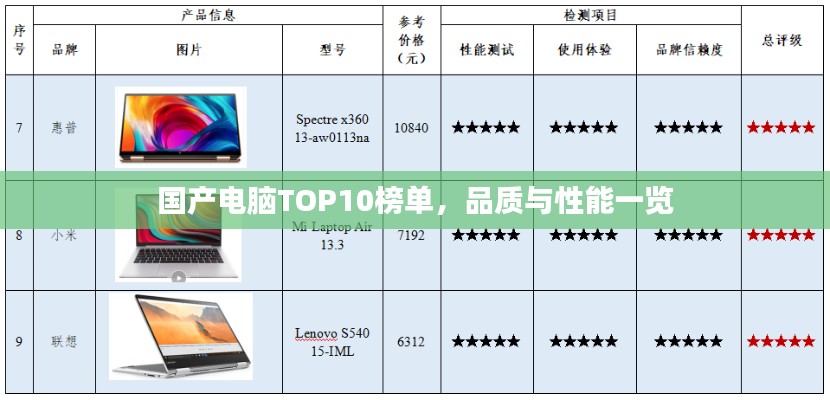How to Express "Oral Real-Time English" in English
In the fast-paced world of global communication, the ability to express concepts and ideas in real-time is crucial. One such concept that often comes up in discussions about language proficiency is "oral real-time English." But how exactly do you express this term in English? In this article, we will explore different ways to convey the idea of "oral real-time English" and provide some practical examples.
Defining "Oral Real-Time English"
Before we delve into the expressions, let's first define what "oral real-time English" means. It refers to the ability to speak English fluently and accurately in a conversation that happens in real-time, without the need for pre-planning or extensive pauses for translation.
Expressions for "Oral Real-Time English"
-
Spontaneous English
One way to express "oral real-time English" is by using the term "spontaneous English." This emphasizes the natural and unscripted nature of the conversation.
-
Fluent English in Real-Time
This phrase clearly conveys the idea that the English being spoken is both fluent and delivered in real-time without delay.
-
Instantaneous English Communication
Using "instantaneous English communication" highlights the immediate nature of the interaction, where thoughts are conveyed without delay.
-
Real-Time Verbal English
This expression is straightforward and directly refers to the spoken English that occurs in real-time.
-
On-the-Spot English
"On-the-spot English" suggests the ability to speak English without preparation, just like being on the spot or in the moment.
-
Live English Conversations
This term emphasizes that the English being used is part of a live conversation, rather than a recorded or pre-scripted one.
-
Oral English in Real-Time Interaction
This phrase combines "oral" and "real-time" to create a comprehensive expression that captures the essence of the concept.
Practical Examples
To illustrate how these expressions can be used, let's consider a few scenarios:
-
Interview Setting
In an interview, a hiring manager might say, "We're looking for candidates who can demonstrate their ability to communicate effectively in **spontaneous English**."
-
Language Learning Class
During a language learning class, the teacher might encourage students by saying, "Practice speaking in **real-time verbal English** to improve your fluency."
-
Networking Event
At a networking event, someone might comment, "I was really impressed by her **instantaneous English communication** skills."
-
Business Meeting
In a business meeting, a colleague might note, "His **on-the-spot English** is exceptional; he always manages to convey complex ideas clearly."
-
Language Exchange
During a language exchange, a participant might say, "Let's try to engage in **live English conversations** to practice our speaking skills."
Conclusion
Expressing "oral real-time English" in English can be done through various terms that emphasize the spontaneity, fluency, and immediate nature of the spoken language. By using these expressions, you can effectively communicate the importance of real-time conversational skills in English. Whether you're discussing language proficiency, language learning, or professional communication, these terms will help you convey your message clearly and accurately.
Revolutionizing Research: The Power of Real-Time English Paper Translation Software
Who Are the Hottest Heroes in the English-speaking World?
Breaking News: Real-Time English News Coverage Across the Globe
The Power of Short Phrases: English Popular Articles' Catchy Lines
The Evolution and Challenges of Real-Time English Translation Evaluation
The Evolution of English Real-Time Morning News on Foreign WeChat Public Accounts












 鄂ICP备14007991号-17
鄂ICP备14007991号-17